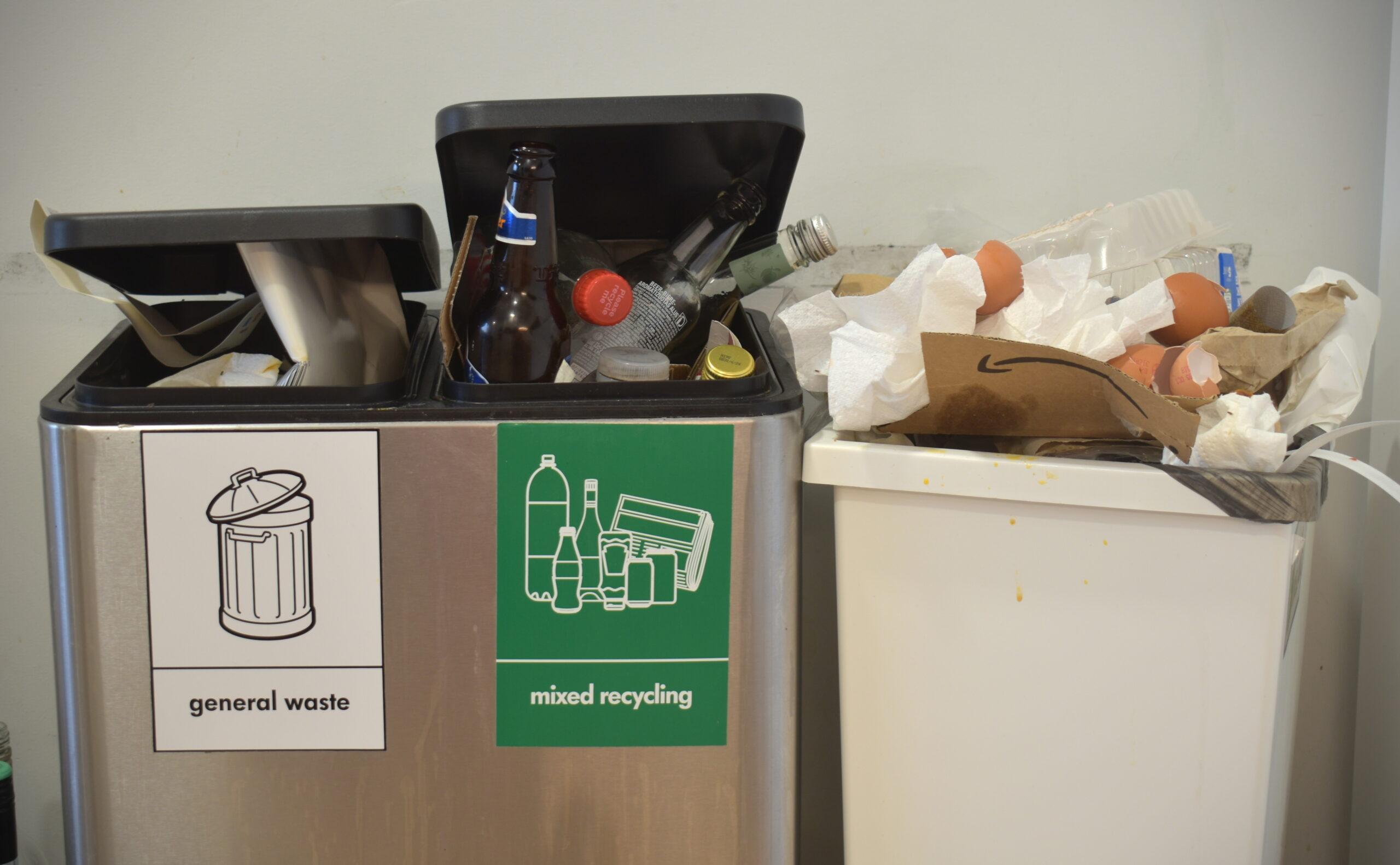With students having moved into shared accommodation ahead of a busy academic year, the phrases ‘bin rota’ and ‘cleaning schedule’ have no doubt already shot up in their usage. The challenges of sharing a common kitchen are both numerous and recurrent, and even though it is a defining student experience that can be really fun, it definitely has the potential to cause conflict. If you have never experienced using a shared kitchen, these challenges may be new to you, but trust me, at some point across the year you might just find yourself turning back to this article for guidance. So, dear reader, please, come in, make yourself a cuppa, and get to know how to resolve any of these issues – just wash the mug when you are finished with it.
Shelf-sharing
Space is often limited in shared kitchens, and it is important that everyone has enough room to comfortably – and safely – store their food. At the beginning of the year, when the only food anyone seems to have is salt and milk, storage doesn’t seem like it will be an issue. But, if you pardon the pun, don’t shelve this issue for later. Soon it might be quite tricky to find any available space to store your food, and as the semester gets busier, it is harder to get hold of your flatmates to ask if they can remove their mouldering bananas from valuable cupboard space. One suggestion is to have a shelf each in the fridge and freezer – or more depending on how many people you are living with – and divide up the cupboard space in a similar way.
Food: to share or not to share?
In a similar vein, sharing food can be a contentious issue. People have different boundaries on whether they want to share in the first place, and also how much and which items they think should be communal. Everyone is entitled to have their boundaries respected in this circumstance. Sometimes sharing food makes budgeting and meal planning much more difficult, and it can add more responsibilities into the mix, such as deciding who restocks what and when, and how to split the cost of the communal food. Unless you are really confident in your ability to communicate on these issues, and don’t find it a hassle to work out a schedule, food sharing can easily raise difficulties. That said, if sharing food works for you, it can be a great way to grow friendships; taking turns to cook a weekly dinner to share with your flatmates, for example, is sociable, and a great opportunity for some culinary experimentation. Maybe start off buying groceries individually, and then revisit the idea of sharing after a month or so.
Household costs
Any kitchen needs that under the sink collection of cleaning supplies, a good few kitchen rolls, and some decent washcloths. If you have any prayer of making the shared kitchen liveable, you’ll at least need the products to do it. Don’t leave one person to buy all the products, or if they do, make sure to reimburse them. Apps like Splitwise make this a little easier to keep track of, and although it seems to make more sense and feel less transactional to work on the basis of ‘I’ll get it next time’, the ambiguity can mean people end up feeling short-changed. For costs like heating, electricity, or internet, be sure to keep a record, and take turns doing the paperwork. It can be easy to let someone take full responsibility for a task like this. However, it is crucial that not only the money, but also, the time people are putting into the house maintenance is reasonably equal.
Waste disposal
I always think it is best to operate on the rule that if you put something in the bin and it is full, you are responsible for taking it out. However, depending on the habits of people you live with, this might not feel fair. You might not need a bin rota, but don’t be afraid of using one to make things easier and more accountable.
Cleaning
It goes pretty much without saying that the ideal situation is that after you or your flatmates are finished with the kitchen, it is left just as clean as when you found it, so that the next person can cook and eat comfortably. A general rule of thumb is that if you haven’t got time to clean up after some complicated meal prep, then you haven’t got time to make the meal. Always opt for something that you are sure you have the time to clean up after.
Kitchen noise
If, like me, a spice bag on the way home from every night out is a little out of your budget at the moment, then you might be tempted to cook yourself a slap-up meal at 3am. Honestly, this is a great idea in terms of budgeting; but keeping noise to an absolute minimum is important. Cruel coincidence – and probably inebriation – means that right when you are creeping around like you’re Santa on Christmas Eve is when you will drop the pan, smash a glass or set off the fire alarm with some burnt toast. Clanging pots and pans are so much worse to listen to in the early hours, and an even worse sound to be woken up with. Enjoy your night out, but if you see yourself cooking when you get home, make sure you have an oven pizza or something equally low maintenance in your freezer that is less likely to cause pot-clanging.
Whichever issues come up and whichever solutions you decide to use for them, the most important thing is open communication. Whatever boundary that is being crossed, don’t sit and seeth if you haven’t expressed the thing that is bothering you – it isn’t fair on either you or the person who might not be doing their washing up.






